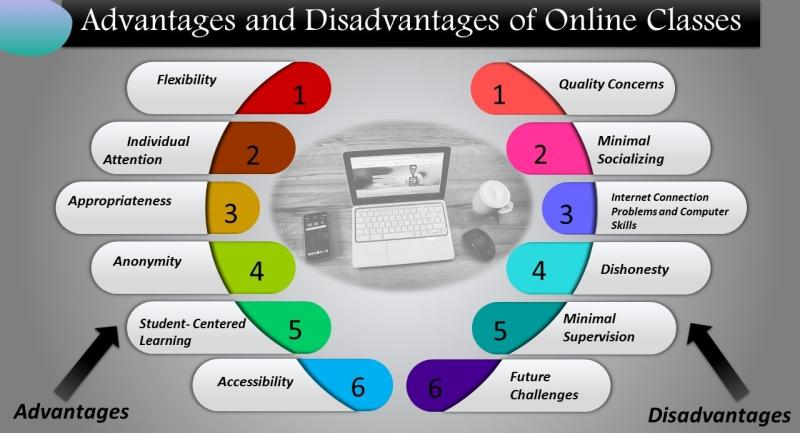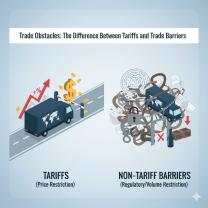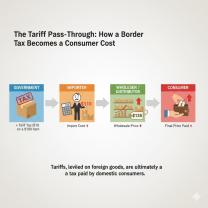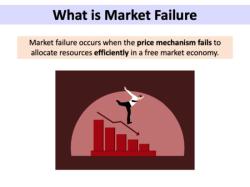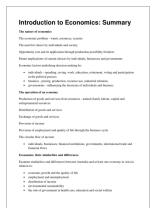What are the advantages of an informal sector?
The informal sector of an economy consists of economic activities and jobs that are not regulated by the government or formalized through official channels. While it often operates outside established legal and regulatory frameworks, it plays a significant role in many economies and offers various advantages:
Employment Opportunities: The informal sector provides jobs to a substantial portion of the workforce, especially in developing countries. It offers employment opportunities to individuals who might not have formal education or skills required for formal employment.
Flexibility: Informal jobs often offer flexibility in terms of working hours and arrangements. This flexibility allows workers to balance work with other responsibilities, such as caregiving or pursuing education.
Quick Adaptation to Market Changes: Informal businesses can adapt swiftly to changes in market demands. They are often more agile and responsive to shifts in consumer preferences compared to larger, formalized businesses.
Lower Entry Barriers: Starting a business in the informal sector typically requires fewer bureaucratic hurdles and lower startup costs. This accessibility encourages entrepreneurship, particularly among those with limited resources.
Support for Marginalized Communities: The informal sector often serves as a source of income and livelihood for marginalized or disadvantaged groups in society, including migrants, women, and individuals from low-income backgrounds.
Local Economic Resilience: In certain communities or regions, the informal sector contributes significantly to the local economy's resilience, providing goods and services that may not be available through formal channels.
Innovation and Creativity: Informal businesses often rely on innovation and creativity to compete and survive. This environment fosters innovation as individuals find resourceful ways to meet market demands with limited resources.
However, it's important to note that while the informal sector offers these advantages, it also faces challenges such as lack of legal protections for workers, limited access to social security benefits, and vulnerability to economic instability. Efforts to integrate parts of the informal sector into formal systems can help harness its advantages while addressing its challenges.
Benefits and Strengths of Operating in the Informal Sector
The informal sector is the part of the economy that is not regulated or taxed by the government. It includes a wide range of activities, such as street vending, domestic work, and informal transportation.
There are several benefits and strengths of operating in the informal sector.
- Flexibility: Informal businesses are often small and family-owned, which gives them a lot of flexibility. They can quickly adapt to changes in the market and respond to customer needs.
- Low barriers to entry: It is relatively easy to start an informal business. There are no formal requirements, such as licenses or permits. This makes it a good option for people with limited resources or education.
- Access to markets: Informal businesses often operate in local markets, which gives them direct access to customers. This can be a major advantage, especially in developing countries where formal markets are often limited.
How the Informal Sector Contributes Positively to Economies and Communities
The informal sector plays a significant role in economies and communities around the world. It provides employment for millions of people and contributes to economic growth.
- Employment: The informal sector is a major source of employment for people who would otherwise be unemployed. It provides jobs for people with limited skills or education, as well as for people who are unable to find work in the formal sector.
- Economic growth: The informal sector contributes to economic growth by generating income and creating jobs. It also helps to stimulate the formal economy by providing goods and services to consumers.
- Social cohesion: The informal sector can help to promote social cohesion by providing a sense of community and belonging. It can also help to reduce poverty and inequality by providing opportunities for people to earn a living.
However, the informal sector also faces challenges, such as low wages, poor working conditions, and lack of access to credit. Governments can help to address these challenges by providing support to informal businesses and workers.
Overall, the informal sector is an important part of the global economy. It provides employment, economic growth, and social cohesion.
